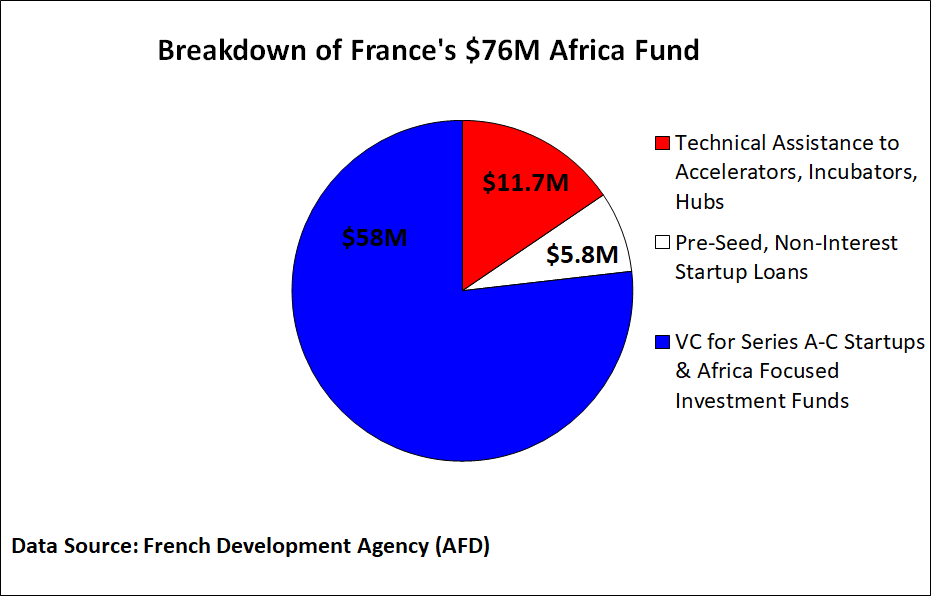Fresh political woes for Russian security firm Kaspersky, which has reacted angrily to a vote in the European Union Parliament last week to ban its software — on the grounds that it has been “confirmed as malicious“.
Kaspersky denies this characterization of its software, saying it’s “untrue”.
It has also retaliated by pulling the plug on an existing collaboration with Europol, at least temporarily.
In a statement, a company spokesperson said:
Today, the European Parliament voted on a report in which Polish representative, MEP Fotyga included an amendment referencing Kaspersky Lab which is based on untrue statements. Although this report has no legislative power it demonstrates a distinct lack of respect for the company which has been a firm friend of Europe in the fight against cybercrime. It is for that reason that Kaspersky Lab has taken the difficult decision to temporarily halt our numerous collaborative European cybercrime-fighting initiatives, including that with Europol, until we receive further official clarifications from the European Parliament .
On account of this news, we will regretfully have to pause one of our successful joint initiatives – NoMoreRansom project – recognised by the European Parliament Research Services as a successful case of public-private cooperation in their recent report – helped many organisations and users to decrypt files on their devices, saving them from financial losses. We hope to be able to resume this and other European collaborative efforts soon.
Founder Eugene Kaspersky added that the company has been “forced to freeze” its co-operation as a result of the parliament’s vote.
“This decision from the European Parliament welcomes cybercrime in Europe. I do not wish to do anything to further encourage the balkanization of the internet, but I feel that the decision taken in Europe leaves me with no choice but to take definitive action. Kaspersky Lab has only ever tried to rid the world of cybercrime. We have showed time and again that we disclose cyber threats regardless of origin and author, even to our own detriment. This is a setback for the fight against cyber threat, but we remain undeterred in our mission – to save the world from Cybercrime,” he also said in a statement.
The security firm has been battling controversy for around a year now, after the US government became suspicious of ties between the company and Russian intelligence agencies — and went on to ban its products for government use in September last year.
Kaspersky has continued to deny the allegations. But in May this year it announced it would be moving some of its core infrastructure outside Russia in a bid to combat suspicion that its software has been hacked or penetrated by the Russian government and used as a route for scooping up US intelligence.
It reiterates the steps it has been taking — “as a sign of our commitment to transparency and openness” — in its response to the EU parliament’s vote, but also lashes out, accusing the parliament of taking a decision that “encourages cybercrime in Europe”.
“We believe that is does not contribute towards building an open and secure Digital Single Market but rather make it more fragmented and less competitive,” it also writes.
“Our 400 million users around the globe, trust us to protect their data. We will continue to successfully work with institutions and organisations to deliver a tangible positive impact by fighting cybercrime and defending European and global citizens from cyberthreats. Indeed, in April the European Commission officially stated that ‘the Commission has no indication for any danger associated with this anti-virus engine’.”
Despite its aggressive response to the EU parliament’s motion, the company adds that it remains “willing to meet with MEPs to address any questions about the business, its leadership, expertise, technologies and methodology that they may have”.
During the vote last week, the parliament also resolved to perform “a comprehensive review of software, IT and communications equipment and infrastructure used in the institutions in order to exclude potentially dangerous programmes and devices”.

